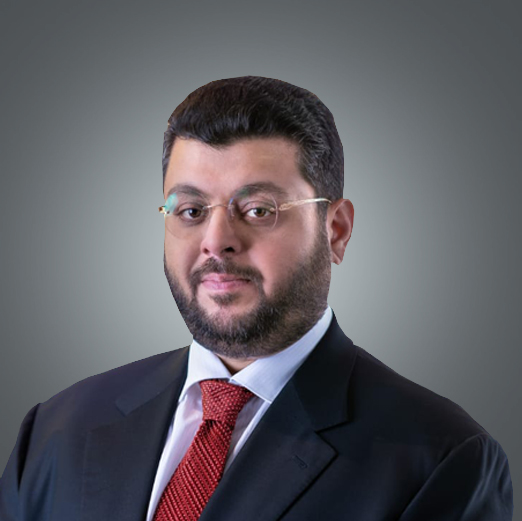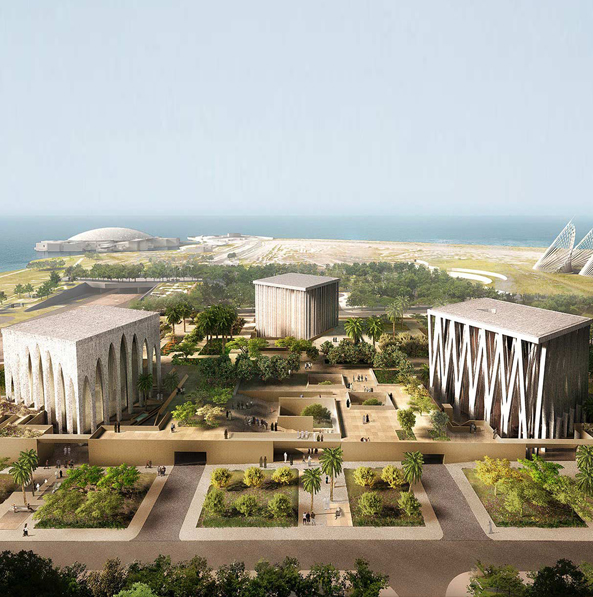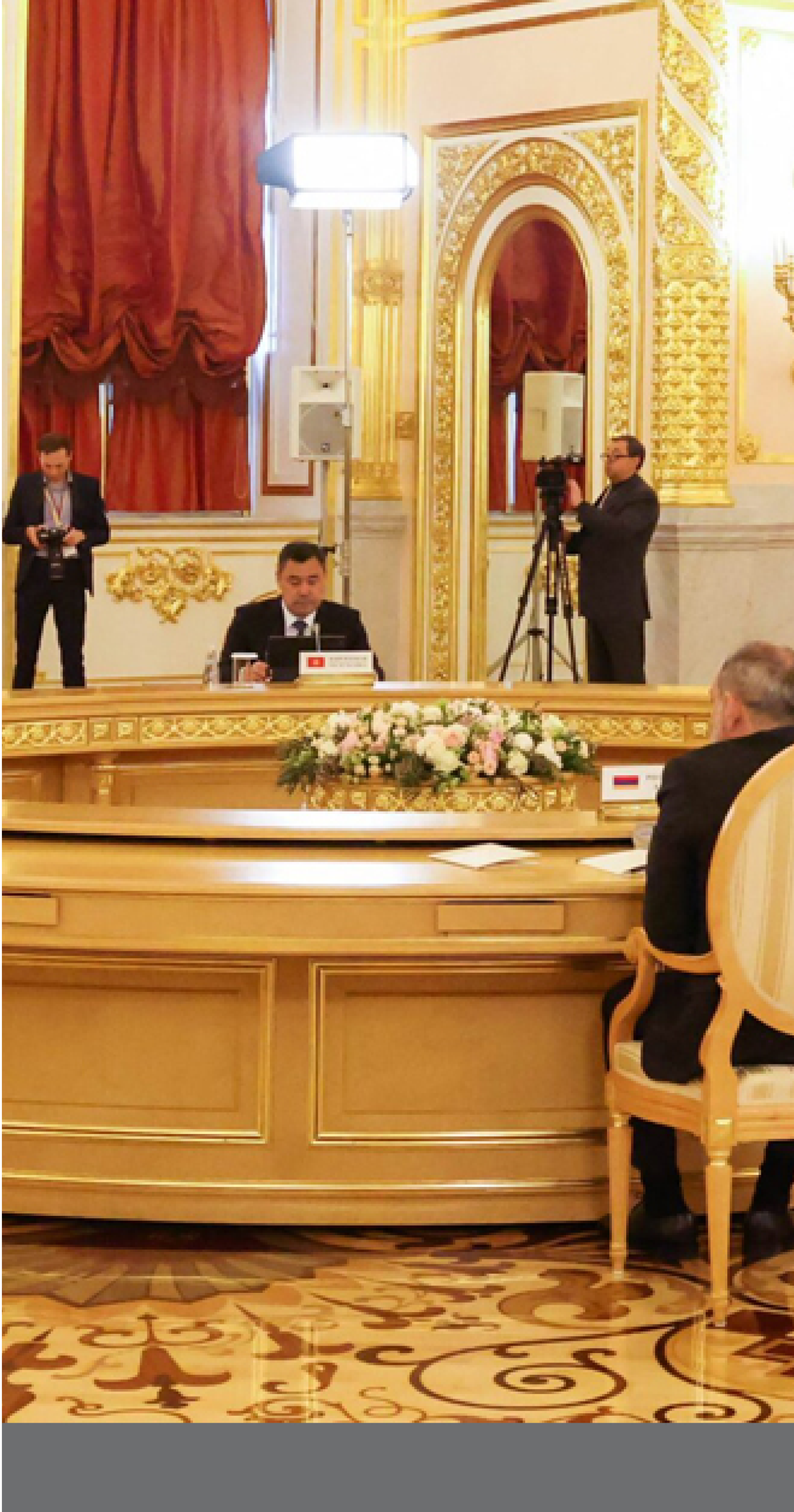The first is religion, which, ironically, has been politicized to inflame and entrench hostility between nations. Religions are innately peaceful. All three Abrahamic religions – Muslim, Christianity, and Judaism – explicitly call for tolerance and peaceful coexistence. History has proven that peace is possible if we adhere to and practice the values taught by our religions. Hence, we must separate religion from the politics that perpetuate discrimination and hostility to achieve the vested interests of politicians or a particular group.
The second factor is culture and cultural exchange, which the Abraham Accords, a peace agreement between the United Arab Emirates and Israel [and Bahrain], expanded in both scope and interaction. Cultural exchange allows each party to get to know and understand one other outside the distorted prism of politics. It allows us to identify the common denominators that unify the human race.
After filming a movie in Abu Dhabi, Israeli actor Lior Raz told The Wall Street Journal “Every time I went to a restaurant there, I found myself talking with people that Israelis are not talking to – people from Syria, from Lebanon, from Iran, from Saudi Arabia, talking about peace, about opportunities, about art. For the first time, I now think that art could actually bring, if not peace, then conversation, and conversation could bring peace one day.” And he told the weekly Cleveland Jewish News that he needed a bodyguard while in the Emirates “not because I’m Israeli [but] because all of the Arab people from all of the countries just wanted to take a selfie with me all the time.”
Similarly, Israeli director Amos Gitai expressed his ambition of using the language of film to establish rational and peaceful relations between Israelis and Palestinians. His film Laila in Haifa, nominated for Best Film at the 2020 Venice Film Festival, explores the interweaving stories of five women, Israeli and Palestinian, over one night in a club in Israel’s port town of Haifa. “After all,” he told Variety magazine, “the stage is the creative meeting space where we are able to speak out in the language of film.”
The third factor is the awakening after the so-called Arab Spring revolutions that revealed the true aspirations of the Arab people: security, prosperity and development. As a result, many governmental policies were stripped of their lies, along with politicians’ claims about the so-called enemy, awakening people not only to the injustice and tyranny hiding behind flimsy political slogans but the possibility of peace between nations in the region.
WE MUST not condemn future generations of Arabs and Israelis to a legacy of fear and wars. Some critics assert that the continuation of war and refusal to make peace with Israel is the wish of the Arab people rather than their rulers. The opposite is true. Many Arab people are unable to express their desire for peace with Israel without being accused of treason, disloyalty, or defeatism, especially under regimes that practice a policy of suppression.
The fourth factor is economics and shared prosperity. Saudi Arabia, for example, is leading efforts to achieve a boom in regional development with Vision 2030, a project that requires stability and exchange of benefits for all countries in the region in order to succeed. To help achieve shared prosperity through mutual protection, I call upon the brave and forward-thinking Prince Mohammed bin Salman in Saudi Arabia to join the Abraham Accords, following in the footsteps of the wise Crown Prince Mohammed bin Zayed in the Emirates. As Eric R. Mandel noted in his excellent Jerusalem Post opinion essay, “The best way to stabilize the Middle East… is an accelerated diplomatic approach to Saudi Arabia, Indonesia, and other Muslim nations, Arab or not, to get them to join the Abraham Accords.”
Certainly, regional stability is vital to Syria’s recovery and reconstruction. Syria has made serious attempts to achieve peace with its neighbors, and decision-makers there know it is time to resume this path. In addition, the international community is currently putting pressure on the Iranian regime, thereby weakening its negative influence in the region, as well as helping to restore stability in Lebanon and its return to the Arab fold, which must be done as quickly as possible.
I also call upon all politicians, both Arab and Israeli, to stop creating an enemy to serve and perpetuate their authority. Countries don’t need an enemy to survive; peaceful coexistence is what ensures their survival, growth and prosperity.
And I call on the US and other western nations to increase their support of economic and democratic development in the Middle East at a time of increasing Russian and Chinese interference in this region. Granted, former US president Donald Trump faced fierce criticism at the time, but he nevertheless showed true leadership that resulted in the Abraham Accords.
Lastly, I call upon all who cherish and respect our shared Abrahamic principles and values to participate in the reconstruction of the cradle of the prophets and the Messenger.
.jpg-%D8%A7%D9%84%D8%B1%D9%85%D9%84%D8%A9.jpg)


.jpg-%D8%A7%D9%84%D8%B1%D9%85%D9%84%D8%A9.jpg)

